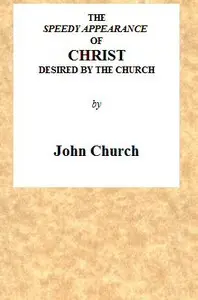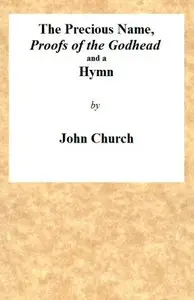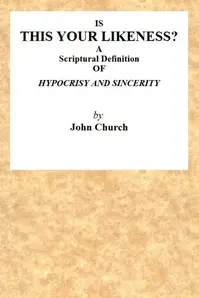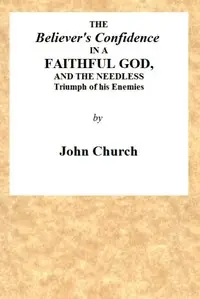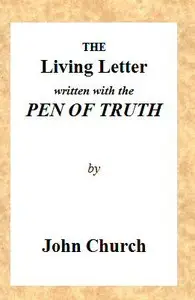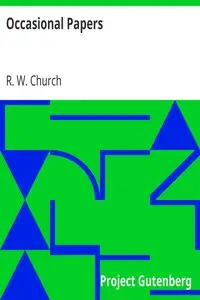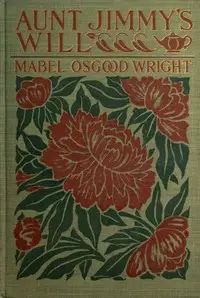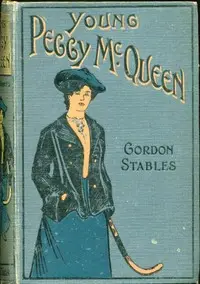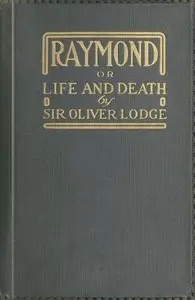"The Thirteen Names of the First Patriarchs, Considered as Figurative of the Progressive Influences of the Spirit" by J. Church is a theological work, likely written in the early 19th century. The book presents a series of sermons focusing on the names of the biblical patriarchs, discussing how each name reflects deeper spiritual truths related to the workings of the Holy Spirit in the lives of believers. Church's intention is to illuminate the significance of scripture, particularly in how these patriarchal names relate to themes of grace, divine influence, and spiritual growth. In this work, Church elaborates on the meaning of the first thirteen names in the biblical genealogies, from Adam to Japheth. Each name is dissected to reveal its significance: Adam represents humanity's earthly origin, Seth signifies a foundation for grace, and Noah symbolizes rest and consolation found in Christ. Through personal narrative and experiential reflections, Church intertwines theological discussion with his own spiritual journey, providing insight into the transformative power of faith. He addresses the struggles of believers as they confront their weaknesses, the internal spiritual battles they face, and the eventual consolation that comes from a deep relationship with God. Overall, the text serves both as an exposition of scriptural names and a testimony of the believer's journey through reliance on divine grace. (This is an automatically generated summary.)
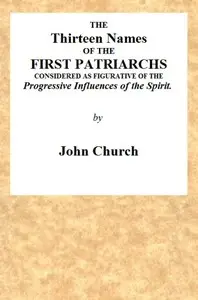
The Thirteen Names of the First Patriarchs, Considered as Figurative of the Progressive Influence of the Spirit. Being the Substance of Two Sermons, Preached on Wednesday March 24, and April 3, 1811, at the Obelisk Chapel
By J. (John) Church
"The Thirteen Names of the First Patriarchs, Considered as Figurative of the Progressive Influences of the Spirit" by J. Church is a theological work,...
Genres
Released
2018-12-27
Formats
epub
epub (images)
mobi (images)
mobi
epub3 (images)
Free Download
Overview
About the Author
John Church was an Independent minister who was most famous for his involvement in the homosexual scandal of the Vere Street Coterie. He is claimed by some as the first openly ‘gay’ ordained Christian minister in England. Contemporary rumours about this are unproveable one way or the other, though circumstantial evidence may suggest that his "inordinate affections which led me into error" could be referring to homosexuality.
Total Reviews
10.0k
Total reviews from Goodreads may change

